Nigel Evans Conservative MP for Ribble Valley asked a written parliamentary question regarding the running costs for the Type 23, Type 45 and yet to be built Type 31e.
Guto Bebb, Parliamentary Under-Secretary of State for Defence, responded:
“The average annual running cost for a Type 23 Frigate and a Type 45 Destroyer is approximately £11 million and £13.5 million respectively. These figures have been rounded to the nearest £100,000.
The Type 31e programme is in its pre-procurement phase and it is therefore premature to provide an estimate of running costs. The costs given include those items that are directly attributable to the ship, such as personnel costs, fuel and port visits and do not include such items as maintenance, training and generation costs.”
Bebb also responded to a question regarding the build country of the Type 31e Frigate:
“The National Shipbuilding Strategy (paragraph 92) was clear that for reasons of national security, the UK prioritises the need to retain the ability to design, build and integrate warships.”


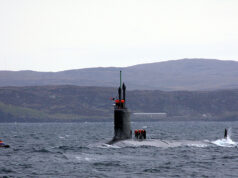

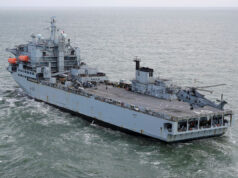
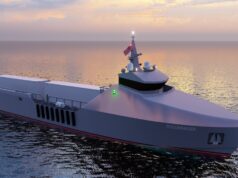
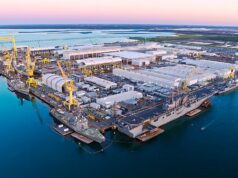
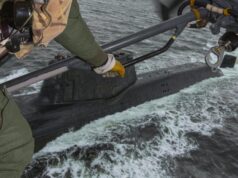

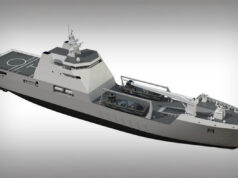

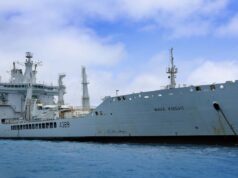

The maintenance budget for T23 has been reduced by 1/3 for this year. More of the usual do more with less scenarios.
I note the comment ‘build and integrate’ and interpet it to mean that Type 31 will get the BAE combat management system.
Thales will have a different view for the BMT offering – they will integrate a Thales Mission System in the UK.
So, our entire escort fleet is run for £1/4bn a year.
That’s astonishing value for money. Even doubling that for better pay rates / T&Cs, testing, live fire etc and doubling the fleet would run at £1b pa from a £36b budget.
Surely there can’t be a better use of funds than this?
Well said
Que Labour demanding we scrap them so all that money can be poured into the benefits system.
Or more money to disappear in the bloody inefficient NHS’ budget blackhole
Whoa! As I understand it on any international comparison of costs v outcomes the NHS is extraordinarily efficient.
Are you on drugs?
Fantastic value for money in my opinion, although it is getting really tedious how non transparent the MOD are.
This is really simple.
Cost of buying (Capital Cost)
Cost of maintaining (Support Cost)
Cost of Operations ( Day to Day Cost)
Add in R&D and De-commisioning and depreciation and you have a cost profile for the lifecycle of any asset. This is standard practice in most organisations, so why can’t the MOD do this.
Because there is some very funny stuff going on with taxpayers money?
Trouble is how do you depreciate a Type 45 destroyer that’s had a couple of refits? And what’s the value of a disused airfield in the middle of nowhere? Public sector accounting generally focusses on just current income ( tax revenue), expediture and borrowing.
What makes you think they don’t?
The NHS is a very efficient health service but then there are very few health services that are comparable or efficient to compare it with.
We certainly get a lot of productivity and care delivered for not much outlay.
There are efficiency the NHS could easily make.
1) end all the non jobs that offer no actual benefit to patients and do not deliver any care, 20-30,000 posts would be suitable for cutting back. Each with a band 6/7 salary so £32-41k per annum
2) remove the tiers of managers put in place between clinical departments and the executive boards of NHS trusts. These tiers are simply in place to carry the can and shield the executive boards. That would shed a further 8000-10000 posts each with a band 7-8C salary scale £41-58k per annum.
Get rid of hospital “flow managers” we do not need them as the hospital is run by the clinical teams not an individual who understands zero about patient care or delivering safe systems of work.
15000 post to shed at band 7 scale nationally in this area.
Summary yes NHS is efficient but could easily save £billions by shedding nonsense unnecessary and frankly obstructive managerial posts. Put the NHS back under the control of the clinical professionals not the lunatics that run it now.
Same principle I am sure could be delivered into the MOD.